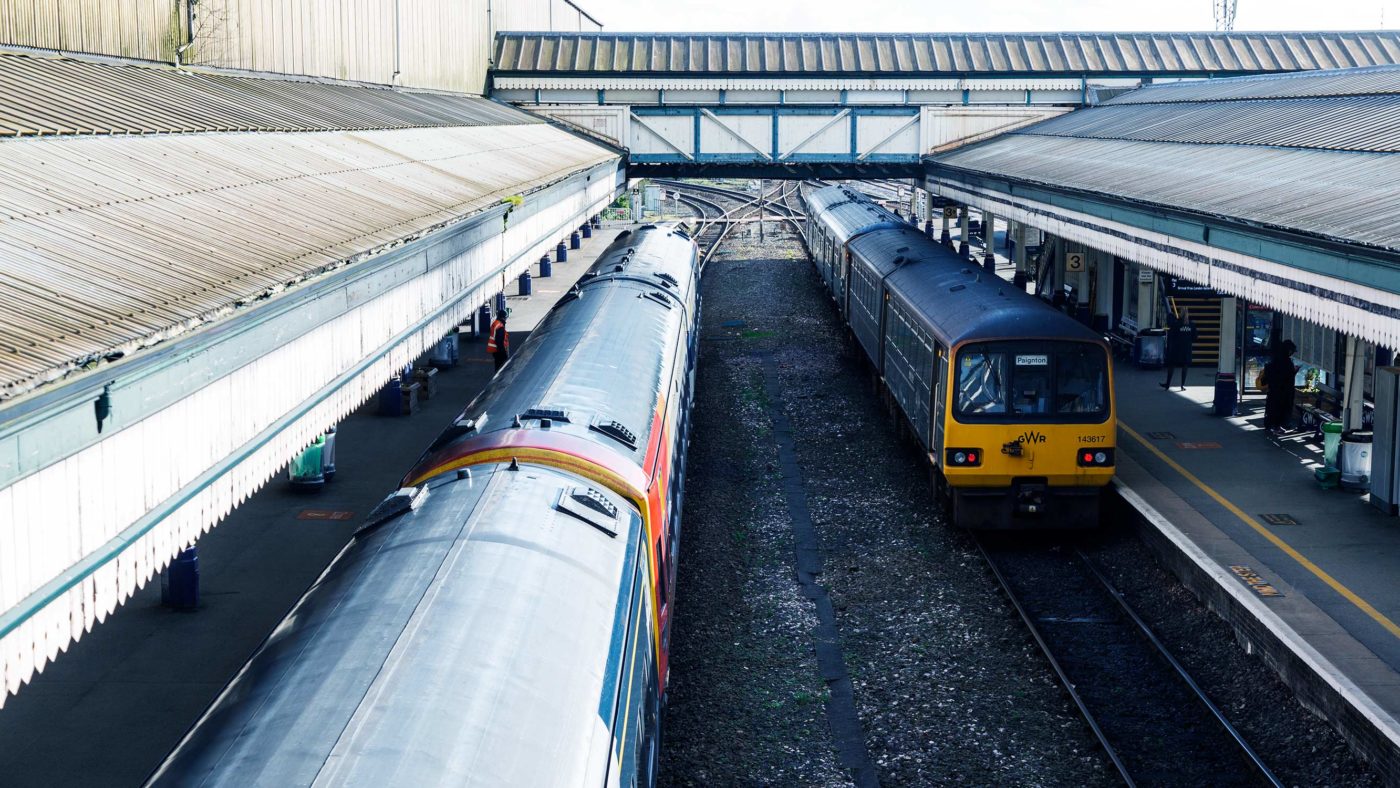Depending on your point of view, the announcement that the Leeds leg of HS2 is being scrapped was either a huge betrayal or cause for great celebration. Boris Johnson insists the Government will still deliver great Levelling Up benefits by prioritising projects that deliver more quickly than HS2; Keir Starmer accuses the PM of letting down ‘everybody in the north’.
The truth, as so often, is somewhere in between. Undoubtedly many people who would have benefited from the new line feel deeply let down, and rail experts are at best sceptical that the Government’s largely reheated Integrated Rail Plan (IRP) will deliver improvements comparable to the eastern leg of HS2.
But there are also plenty of people who are relieved, and several MPs jumping for joy. It’s probably not entirely coincidental that getting rid of the eastern leg means no big construction projects in recently won Tory seats such as Rother Valley, Bolsover and Ashfield. Indeed, on page 7 of the IRP Johnson says he was particularly struck by a conversation with Lee Anderson, the MP for Ashfield, who said what his constituents really want is a ‘decent bus service’, not a high-speed train line. The rejoinder to that, well expressed by Stephen Bush here, is that cutting the Leeds leg may be penny wise but pound foolish, that making cities like Leeds, Bradford and Sheffield more prosperous will help the surrounding areas, as well as raising more tax revenue.
This week’s announcement has also reheated the fierce argument about the entire HS2 project, which some Tory MPs would dearly like to scrap in its entirety. It’s a debate characterised above all by two sides talking past each other.
On one side HS2 opponents understandably cite the enormous and ever-growing costs and delays, often without acknowledging the purpose or any of the potential benefits of the project. Successive governments have not helped matters by failing to explain the project in terms of creating extra rail capacity. As a result we’ve ended up with a sideshow about cutting journey times, which is actually peripheral to the overriding aim of the project – taking fast intercity trains off the existing main lines in order to run more stopping services on those lines.
On the other hand, HS2’s proponents argue keenly about both increased capacity and connectivity, but often without acknowledging the enormous expense of the project, the weakness of the Government’s own business case or, indeed, the opportunity cost of using the money elsewhere. The latter is what particularly exercises MPs in areas with acute transport problems that are going unaddressed.
What we can all agree on, however, is that the wheels of the British state still move far too slowly. If the first leg of HS2 is done by 2033 – the higher end of the current estimate – it will have been almost 25 years from first proposal to completion of the project. Indeed, it is that very slowness that is in part responsible for the ballooning cost.
It’s not just HS2 either: Crossrail is years late and well over budget, many northern commuters still travel on comically outdated trains and we’re still nowhere nearer expanding our full-to-bursting aviation capacity. Throw in the Government’s Net Zero commitments and the can-kicking and foot-dragging that have long characterised our infrastructure policy only looks like getting worse. All of which adds up to a country that, high speed lines or otherwise, risks being stuck in the slow lane for years to come.
Click here to subscribe to our daily briefing – the best pieces from CapX and across the web.
CapX depends on the generosity of its readers. If you value what we do, please consider making a donation.


